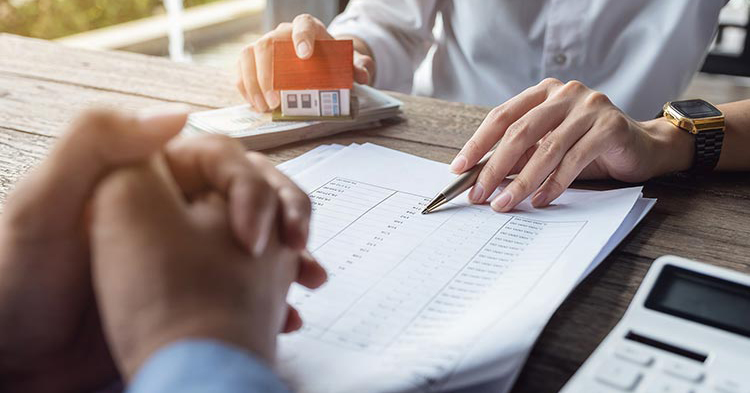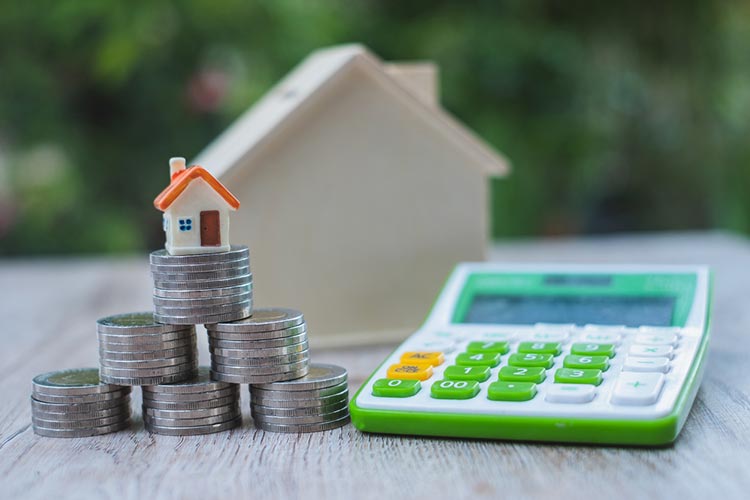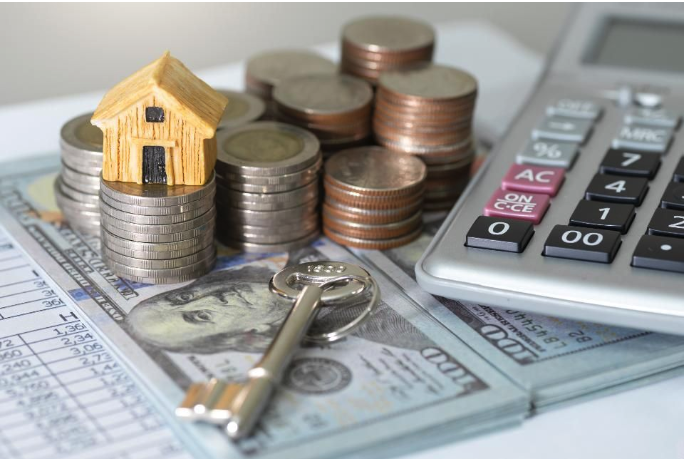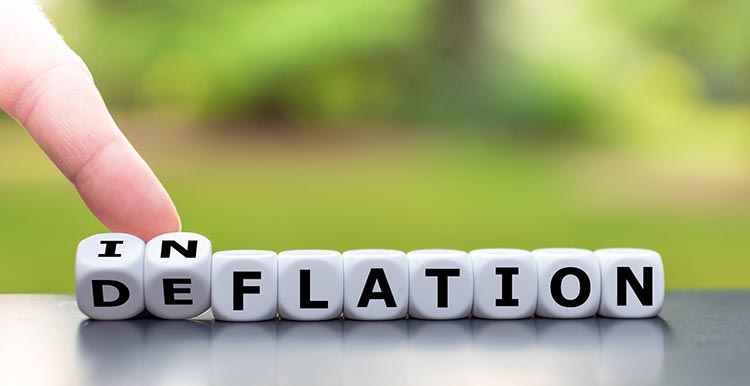Page 27 261 - 270 of 425
What is a Mortgage Boot in a 1031 Exchange?

You may use a 1031 Exchange investment strategy to defer capital gains and retain your wealth when selling investment properties. 1031 or like-kind exchanges allow you to use the gains from the sale of your property or asset to reinvest in another similar property and defer capital gains tax liability.
What is a Built-to-Suit 1031 Exchange?

A 1031 exchange is a tax management tool that allows investors to defer the realization of capital gains taxes when they sell an investment property. The relevant section of the Internal Revenue Code is 1031, which is how the name originated. The IRS oversees these exchanges and stipulates tight deadlines for completion, along with other qualifying characteristics. There are some variations on the original exchange concept, which may broaden the utility for some investors. For example, you can engineer a reverse 1031 exchange if you identify the replacement property before you sell the property you intend to dispose of.
What Can You Purchase With 1031 Exchange Funds?

We’ve written extensively about 26 U.S. Code § 1031 – “Exchange of Real Property Held for Productive Use or Investment.” Previous blog posts explained that the 1031 exchange – also known as the like-kind exchange – can be used to help defer taxes on capital gains resulting from real estate sales.
What is the 45-Day Deadline for a 1031 Exchange?

When taxpayers execute a 1031 exchange, they must adhere to the rules, including the timing deadlines. In brief, a 1031 exchange allows you to defer payment of capital gains taxes when you sell an investment property if you replace it with a "like-kind" property of the same or greater value. If you think about it, that enables you to leverage your gain to reinvest the entire proceeds from a sale rather than diverting a portion of it to pay taxes. As a result, this tool becomes a valuable part of their investment strategy for many investors.
Can You Do A 1031 Exchange With A Loan?

The 26 U.S. Code § 1031—“Exchange of real Property Held for Productive Use or Investment”—can be useful if you’re interested in potential capital gains tax deferrals on the sale of certain types of real estate. Part of the process involves exchanging into a property of equal or greater value than the one you’re relinquishing.
Who Holds Funds in a 1031 Exchange?

A 1031 exchange can be a highly productive tactic for real estate investors, potentially enabling them to leverage the appreciation in one property to invest in others. Investors have varied motivations for selling an asset and replacing it with another one—including upgrading, diversification, geographic pursuits, and more. If the owner manages the transaction using a traditional sale and purchase arrangement, the investor will owe capital gains taxes on the appreciation of the property they sell. Paying that tax can restrict the amount they have available for reinvestment in a new property.
Do Banks Offer 1031 Exchanges?

A 1031 exchange is a financial tool that can assist investors in leveraging their investment gains to continue investing. Here’s how it works:
Is a Trade in a Like-Kind Exchange?

The term "like-kind exchange" refers to a tool that investors use to defer the payment of capital gains resulting from the disposition of an investment property. These transactions are often called 1031 exchanges, referencing the section of the Internal Revenue Code that authorizes the practice. A 1031 exchange is a proceeding by which an investor can defer the payment of capital gains due on the sale of investment property, subject to specific stipulations:
Who Can Do a 1031 Exchange?

A 1031 exchange is a tool that real estate investors sometimes employ intending to defer payment of capital gains taxes. By doing so, they can reinvest the entire proceeds from selling an asset. Fortunately, the IRS approved the use of this procedure, as long as the taxpayer carefully follows the rules.
How Will the Inflation Reduction Act Affect Audits?

As is often the case with marquee legislation, the Inflation Reduction Act of 2022 has a subject title designed for appeal rather than accuracy. In this case, there is some question about the degree (and direction) of the new law's ability to affect inflation. However, there is no question that it will significantly affect several areas of the U.S. economy. Secondary to the potential impact on inflation, the legislation may increase the ability of the IRS to perform audits. In that scenario, will taxpayers reporting 1031 exchange transactions be targeted? It’s a good question to consider, especially since the tactic has recently been deemed at risk of modification or elimination in past election cycles.
Page 27 261 - 270 of 425


